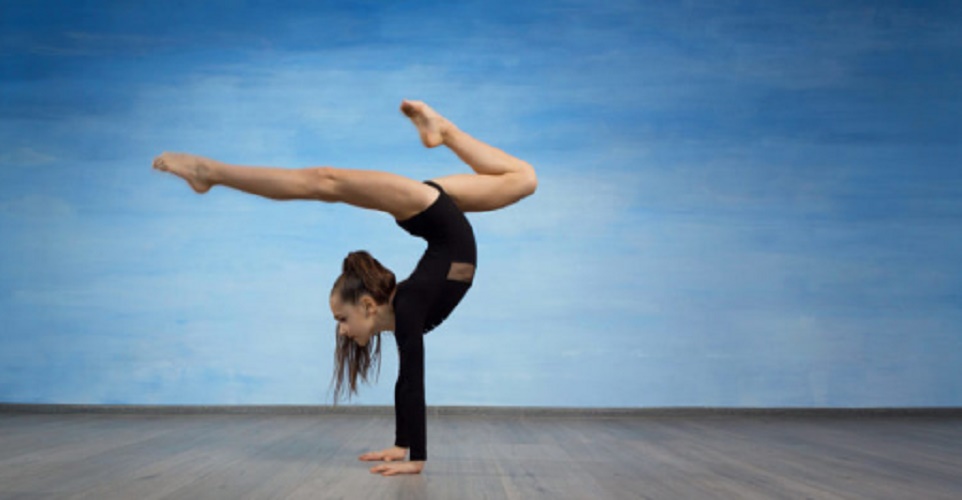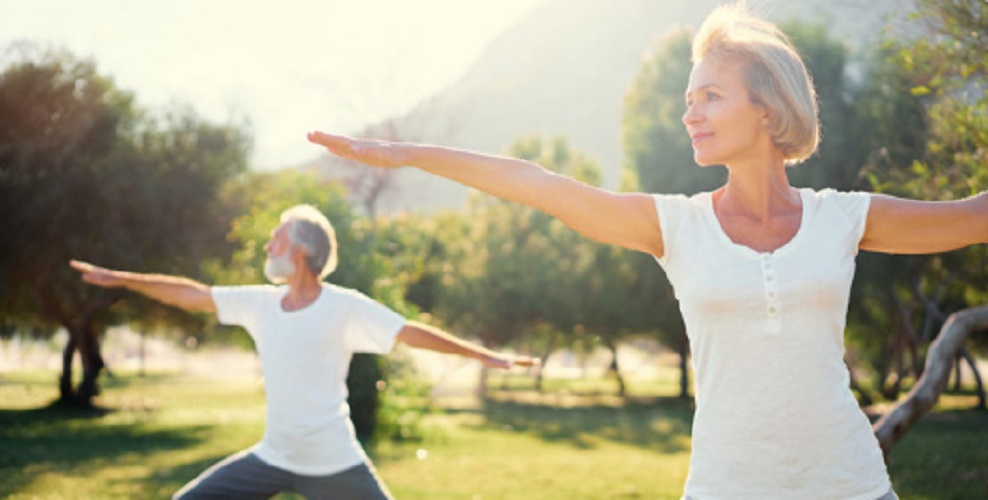What is physical culture?
We explain what physical culture is and what is the importance of this lifestyle. In addition, its benefits in various fields.
-
What is physical culture?
The culture refers to the set of knowledge, beliefs and behaviors of social groups , used to communicate, distinguish themselves and reach their collective needs.
Physical culture is the part of that culture that derives from the application of methods that point to the physical exercise of people ; everything related to the physical activity of humans, regardless of the intention with which it develops.
It is a way of encompassing all the contexts in which the cultural manifestation of sport occurs . It will then enter, within this category, physical exercise in different circumstances that we will describe below.
-
Physical culture linked to leisure

Throughout history , man has needed leisure spaces in his life , where he can carry out the activity he decides voluntarily, to enjoy some kind of pleasure, and in that sense he has three functions:
- Rest of mandatory activities
- Fun
- Personality development
Physical culture achieves all these functions, since the manifestation of sport in leisure is through play. With it, not only some functions of the body are put to work, but a realization of the person occurs , by sharing a series of healthy objectives with another person, under the application of certain rules.
-
Physical culture linked to education

The most widespread concept of physical culture is linked to education ; so much so that physical culture is often confused with physical education , which is the process that seeks to develop motor skills and coordination , as well as promoting the enjoyment of participation in that kind of activities (which can then be manifested in the sport in leisure time).
The educational programs of all countries give importance to physical education, since it is indispensable for the preservation of health , for tolerance for the other, even in difference, and for the development of an active life, contrary to sedentary lifestyle.
-
Physical culture linked to sports competition

The strictly sports part of physical culture is the one that has to do with regular practice and eventual sports competition . According to the tastes and possibilities of people, usually with a start derived from leisure, they are perfected in the practice of some sport or physical art, either alone or in teams (in which, in addition to individual improvement, progress is made in collective practice).
This improvement is called training, and is usually aimed at a competitive practice that is done periodically. If the performance is good, eventually professionalism can come , in which the sport will become a livelihood.
-
Physical culture linked to health

Physical exercise is a means to improve both physical and spiritual health . Physical effort burns calories instead of storing them in the body, maintaining a healthy weight and tending to reduce overweight and obesity .
In addition, it helps lower blood pressure and cholesterol , while keeping blood sugar levels balanced. As regards psychic health, it relieves stress and improves mental health, increases self-esteem and is socializing.
This is how the concept of physical culture integrates all manifestations of physical effort . Sport is one of the most important cultural actions of our time and must be understood as such, understanding the effects it produces both in individual and collective terms.





